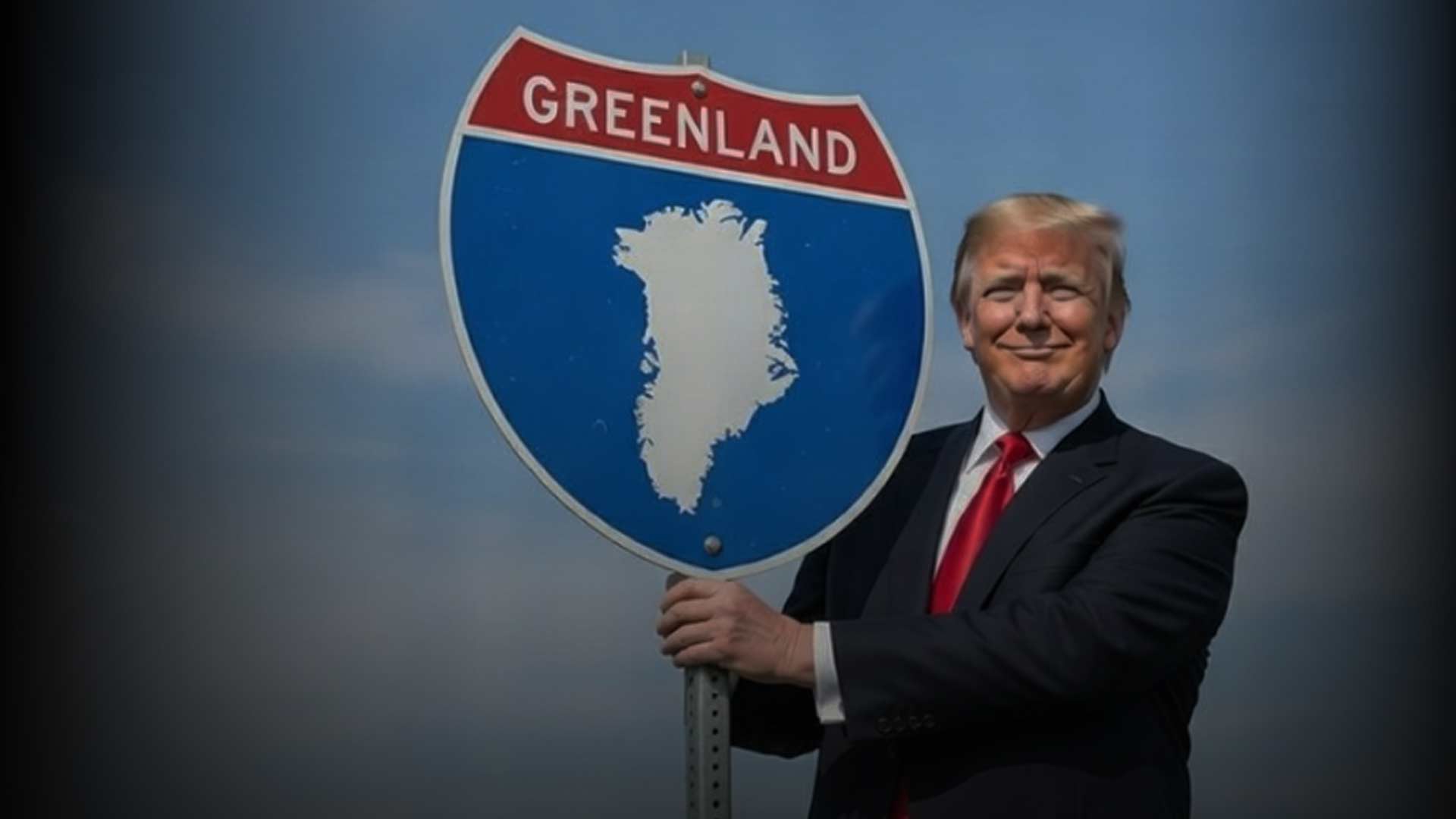
Gov. Mike Dunleavy issued his 11th and 12th statewide health mandates on March 27, ordering all Alaskans who are not engaged in critical infrastructure or essential services (see list here) to stay home and cease most intrastate travel in order to slow the spread of coronavirus.
As of Sunday there were 114 confirmed cases of coronavirus in Alaska, the first being announced 18 days ago. Seven cases (6.1%) have required hospitalization and three cases (2.6%) have resulted in death. One of those who died was a 76-year-old man with underlying health conditions who contracted the virus and died in Washington State. The other two deaths in Alaska involved a 63-year-old woman and a 73-year-old man.
In terms of the overall state population, 0.0009% of all Alaskans have been hospitalized due to coronavirus and 0.0004% of all Alaskans have died from the virus.
(Click here to see statewide breakdown).
SHELTER IN PLACE MANDATE
The 11th mandate, which went into effect on March 28 at 5 p.m., states that all non-essential businesses, organizations and non-profit groups must cease “all activities at facilities located within the state.” This includes public and private gatherings with non-household members and applies, but is not limited to, weddings, faith gatherings, graduations and funerals.
Alaskans may, however, still engage in outdoor activity such as outside exercise, fishing and hunting so long as they remain at least six feet away from anyone not in their same household. Anyone who shows symptoms of illness, however, are now required to stay home, except to receive medical care.
Additionally, Alaskans may still go shopping for food and hardware, to fill up on gas, and utilize banks, credit unions, laundromats and veterinarian services. Limited childcare is also still available for essential workers. Click here for answers to frequently asked questions.
Businesses or organizations that violate the mandate are subject to a $1,000 fine for each violation. Additionally, a person or organization that fails to follow the mandate may, under certain circumstances, be charged with a class A misdemeanor. This is punishable to up to $25,000 per person and up to $2.5 million for cases that result in death, or $500,000 for offenses that do not result in death.
INTRASTATE TRAVEL MANDATE
The 12th mandate went into effect March 28, at 8 a.m. Alaskans not engaged in critical infrastructure (see list here) must cease travel between all Alaska communities except to meet “critical personal needs” such as buying, selling or delivering groceries and home goods, obtaining fuel, transporting family members for out-of-home care and essential health needs, or traveling for child custody exchanges. Alaskans are also able to travel to receive or provide essential health care, obtain important goods and engage in subsistence activities.
Click here for answers to frequently asked questions.
The mandates supersede any local government or tribal mandates or directives regarding travel. They will be reevaluated on April 11.






